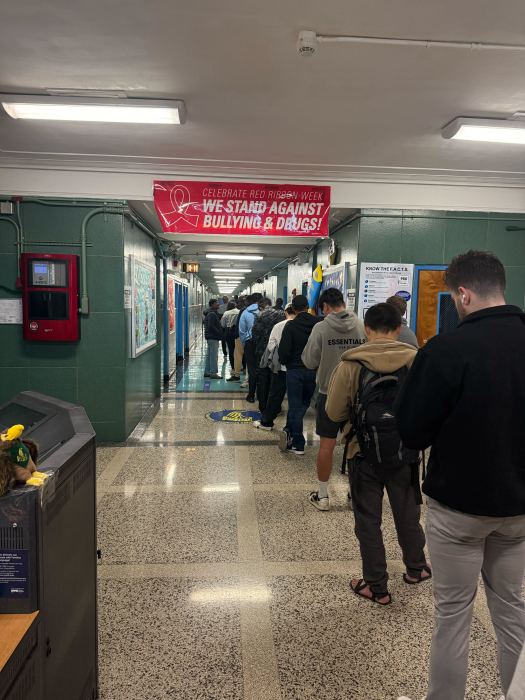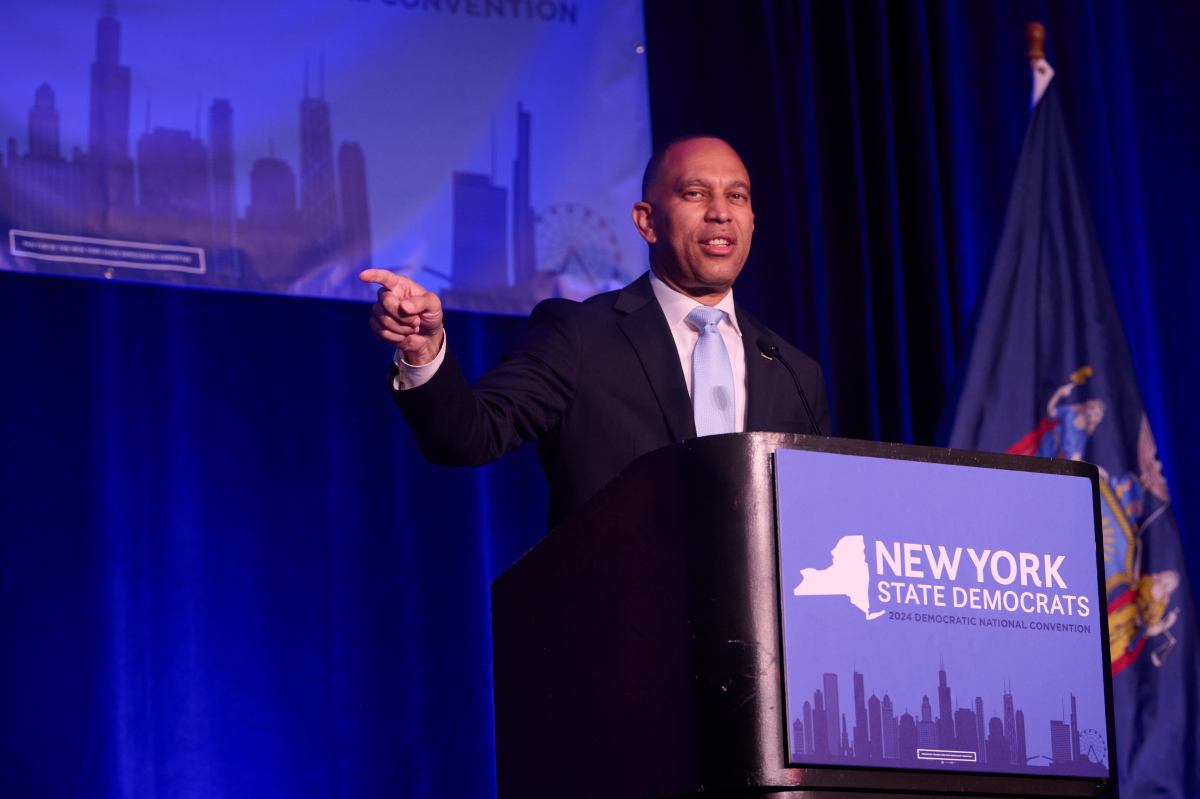Antigua
The United States Agency for International Development (USAID) Caribbean Clean Energy Program (CARCEP) recently conducted an energy efficiency workshop in Antigua as part of the ongoing training program to support hotels across the region with reducing their energy load and costs to become more efficient.
The two-day workshop which was held in the capital St John’s educated representatives from participating hotels on the value of energy conservation and energy efficiency and renewable energy measures to implement at the hotel properties.
The training included a cross-section of management, operations personnel from about 25 local hotels who are members of the Antigua Hotel and Tourism Association and the Caribbean Hotel and Tourism Association.
The workshop is the third in a series of training being held in Caribbean countries under the USAID Caribbean Clean Energy Programs mandate- Antigua and Barbuda, Dominica, Grenada, Jamaica, St Kitts and Nevis, St Lucia and St Vincent and the Grenadines.
The previous energy workshops were held in Jamaica and St Lucia.
Barbados
The Barbados government has criticized the decision taken by local banks to suspend work and transactions for real estate and related activities.
Concerns have been expressed over recent amendments to the Barbados Revenue Authority (BRA), which requires a Tax Clearance Certificate to be issued by the authority in order to complete land transactions.
In a statement, Finance Minister Chris Sinkler said that some stakeholders in the legal and banking fraternity had not given the system time to work, “purely on the grounds that they did not want it in the first place.”
He said it was in his view that the banks were finding every practical reason to object to it.
The finance minister said that they were all excuses for non-cooperation with the government generally, and the BRA specifically, as they seek to collect the tax revenue legally due to the state.
Bahamas
The new Bahamas government presented a US$4.7 billion budget with the focus on revenue measures.
The budget, of new Prime Minister Hubert Minnis, which was presented in Parliament by Deputy Prime Minister and Finance Minister Peter Turnquest is designed to provide prompt effect to some of the new administration’s commitment to Bahamians following the May 10 general election.
The finance minister said while the government had not been able to undertake an in-depth analysis of both Recurrent and Capital Expenditures, having just come into office a few weeks ago.
Turnquest said the measures contained in the fiscal package would provide further tax relief to consumers and businesses through customs and excise duty rate reductions and enhance administration and compliance in respect of major taxes.
Guyana
Guyana is now the destination of choice for Haitians looking to get to French Guiana and the USA.
Recently, Guyana authorities arrested several Surinamese involved in the smuggling of 27 Haitians, including 12 children at the Cheddi Jagan International Airport, who were on their way to French Guiana via Suriname. They arrived on a COPA Airlines flight from Haiti via Panama but no one was at the airport to meet them.
Police believe the smugglers, after realizing that investigators may be looking for them, failed to show up at the airport.
The Suriname government suddenly closed its consulate in Port-au-Prince and stopped the visa-free entrance of Haitians into the country.
From Guyana, it is easy to get to Suriname illegally through the “backdoor” without the need for a passport.
It is a breeding ground for crime, human trafficking, drugs, weapons and pirating. The Guyana government will soon come under pressure for the European Union (EU) and the United States to stem the flow of Haitians into French Guiana.
Haiti
Haiti’s police force will take over security after the United Nations withdraws more than 2,300 peacekeeping troops after 13 years in the Caribbean nation.
In April, the United Nations Security Council voted unanimously to end its peacekeeping mission in Haiti and replace it with a smaller police presence, which will be drawn down as the country boosts its own force.
Haiti’s police force now stands at 15,000 officers, including rapid response personnel, up from 2,000 in 20014 when the UN mission arrived.
The peacekeeping mission known as MINUSTAH is one of the longest-running in the world.
St. Lucia
The main Opposition St. Lucia Labor Party (SLP) said the proposed multi-billion project with Hong Kong-based Desert Star Holdings (DSH) would have “significant consequences” for the island.
And they have called on two agencies involved in the negotiations of the project “not to mislead the population.”
In a statement the SLP, which has opposed the deal announced by the St. Lucia government, said it had taken note of the joint response by Invest St. Lucia and the Citizenship by Investment Program (CPI) on the matter.
In their statement, the two agencies aid they have “not rejected the DSH project” and had never recommended to Cabinet that the project not be approved.
“Invest St. Lucia has been in negotiations with Mr. Theo AH King and DSH for the Pearl of the Caribbean Project since 2015, and continues to facilitate the investor’s establishment to make the project a success,” the statement said.
Trinidad
In an unprecedented move, lawyers voted overwhelmingly in support of calling for the resignation of Trinidad and Tobago Chief Justice Ivor Archie and members of the Judicial and legal Services Commission (JLSC) recently.
The Law Association of Trinidad and Tobago held a special general meeting in Port of Spain on a motion calling for Archie’s resignation and that of members of the JLSC who they claim made a serious blunder in the appointment of Chief Magistrate Marcia Ayers-Caesar to the High Court without completing some 53 part-heard cases which she failed to disclose to the JLSC.
Two days later, Ayers-Caesar tendered her resignation from the post in a letter to the president.
The JLSC, which is headed by the chief justice was accused of not conducting proper due diligence “as part of the selection process, since some of her outstanding matters were reported in the media.”
The JLSC was also accused of being reckless and or negligent in selecting the chief magistrate to be appointed a judge without first ensuring that she had no partly heard matters or had completed them at the time of her appointment.
— compiled by Azad Ali























